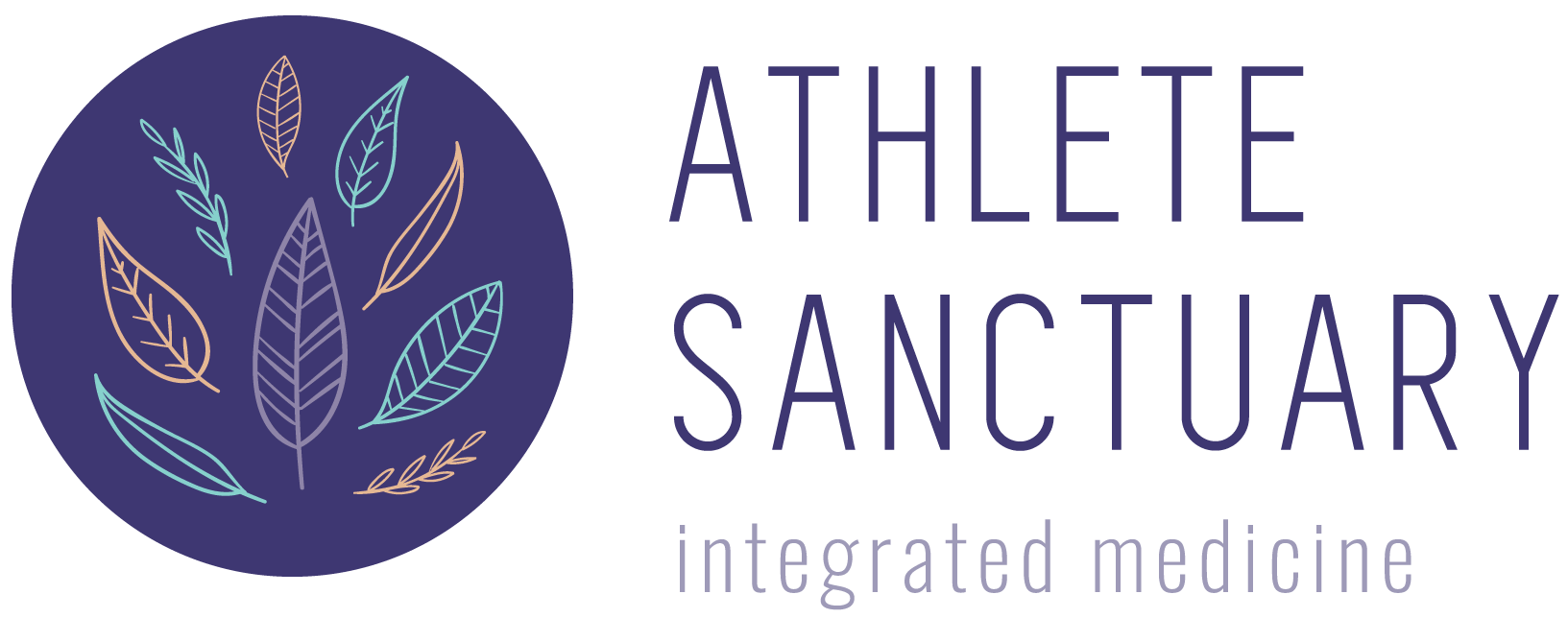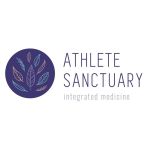Zinc deficiency is more common in plant-based athletes. Fact is, zinc is the powerhouse that supports performance. And knowing how being deficient in zinc can affect your progress, is essential.
Most athletes understand zinc’s role in supporting the immune system and wound healing, and its requirement for a proper sense of taste and smell but few understand its role in muscle function. It is a nutrient that needs to be consumed every day as the body doesn’t naturally produce zinc.
In our blog Robust immunity in athletes we outline the common signs of zinc deficiency, including frequent and prolonged colds, acne, dermatitis, low stomach acid, poor digestion, fatigue, and white spots or bands on nails.
In our previous blog Am I Deficient in Zinc? we outline how the high demands of sports make the elite athlete more vulnerable to illness, meaning over 65% of athletes experience regular colds and infections that sideline them from events and consistent training.
Zinc’s homeostasis is tightly regulated by different transport and buffer protein systems. Exercise has been shown to modulate zinc blood serum and urinary levels and could directly affect zinc transport around the body. The oxidative stress induced by exercise may provide the basis for the mild zinc deficiency observed in athletes and could have severe consequences on health and sports performance.
Importantly for athletes, zinc has been found to affect protein and muscle formation and regeneration due to its effects on muscle cell activation, proliferation and differentiation.
Plant based athletes in particular need to be aware of zinc rich sources, and food containing inhibitors of zinc absorption.
For vegan and vegetarian athletes, wholegrain cereals and legumes provide the highest concentrations of zinc, generally in the range of 2.5–5.0 mg/100 g raw weight. As zinc is contained within the outer layer of grains, unrefined whole grains provide higher concentrations of zinc than refined grains (up to 5.0 mg/100 g, compared with 1.0 mg/100 g).
Wholegrain breads and cereals, rolled oats, brown rice, nuts, seeds, legumes, tofu, soy products and fortified breakfast cereals are important dietary sources of zinc for everyone, not just vegetarians.
Fruit and green leafy vegetables have much lower concentrations of zinc due to their high water content. The good news is there is no evidence of greater risk of being deficient if intake of plant based zinc sources are adequate.
Well-planned vegetarian diets can provide adequate amounts of zinc from plant sources. Vegetarians appear to adapt to lower zinc intakes by increased absorption and retention of zinc. The inhibitory effects of phytate on absorption of zinc can be minimised by soaking, heating, sprouting and fermenting. Absorption of zinc can be improved by using yeast-based breads and sourdough breads, sprouts, and presoaked legumes.
Studies on runners indicate a drop in serum zinc following exercise and a higher excretion of urinary zinc than in sedentary populations. Zinc is vital for skeletal muscle, a tissue whose main function is contraction, force and movement production. As your body actually secretes zinc through sweat, it is essential for athletes to monitor zinc levels often.
It is super important not to just rely on just supplements to increase levels of zinc in your body. The risks of long-term zinc supplementation can have other potentially detrimental effects such as displacing other minerals such as copper and iron needed to form hemoglobin, therefore, increasing the risk of developing anaemia.
Zinc requires a fine balance between adequacy and deficiency and therefore essential to seek advice from a qualified practitioner who can determine the best course of action to avoid issues.
About the Author: Kate Smyth is a Sports naturopath, nutritionist and female-centric running coach. She is the founder of the Athlete Sanctuary- a holistic healthcare clinic for athletes of all levels and sporting codes. Kate has a thirst for knowledge with two bachelor’s and a master’s degree under her belt. She has been involved in sports for many decades and competed for Australia in the Commonwealth Games and Olympic Games marathons with a personal best time of 2 hours 28 minutes. For more information visit www.athletesanctuary.com.au
References
Walsh (2019). Nutrition and Athlete Immune Health: New Perspectives on an Old Paradigm. Nov 6. doi: 10.1007/s40279-019-01160-3.
J.Hernández-Camacho, C. Vicente-García, D. Parsons, I. Navas-Enamorado (2020). Zinc at the crossroads of exercise and proteostasis. 101529, ISSN 2213-2317. http://doi.org/10.1016/j.redox.2020.101529 .
Woodbridge, P., Konstantaki, M., & Horgan, G. (2020). Nutritional deficiencies in vegan runners: A comparison of actual versus recommended nutritional intake and dietary recommendations. Journal of Exercise and Nutrition, 3(3).
DE, A. K. (2020). Zinc supplementation. A must for Athletes. Science and Culture.
McClung, J. P. (2019). Iron, zinc, and physical performance. Biological trace element research, 188(1), 135-139.



